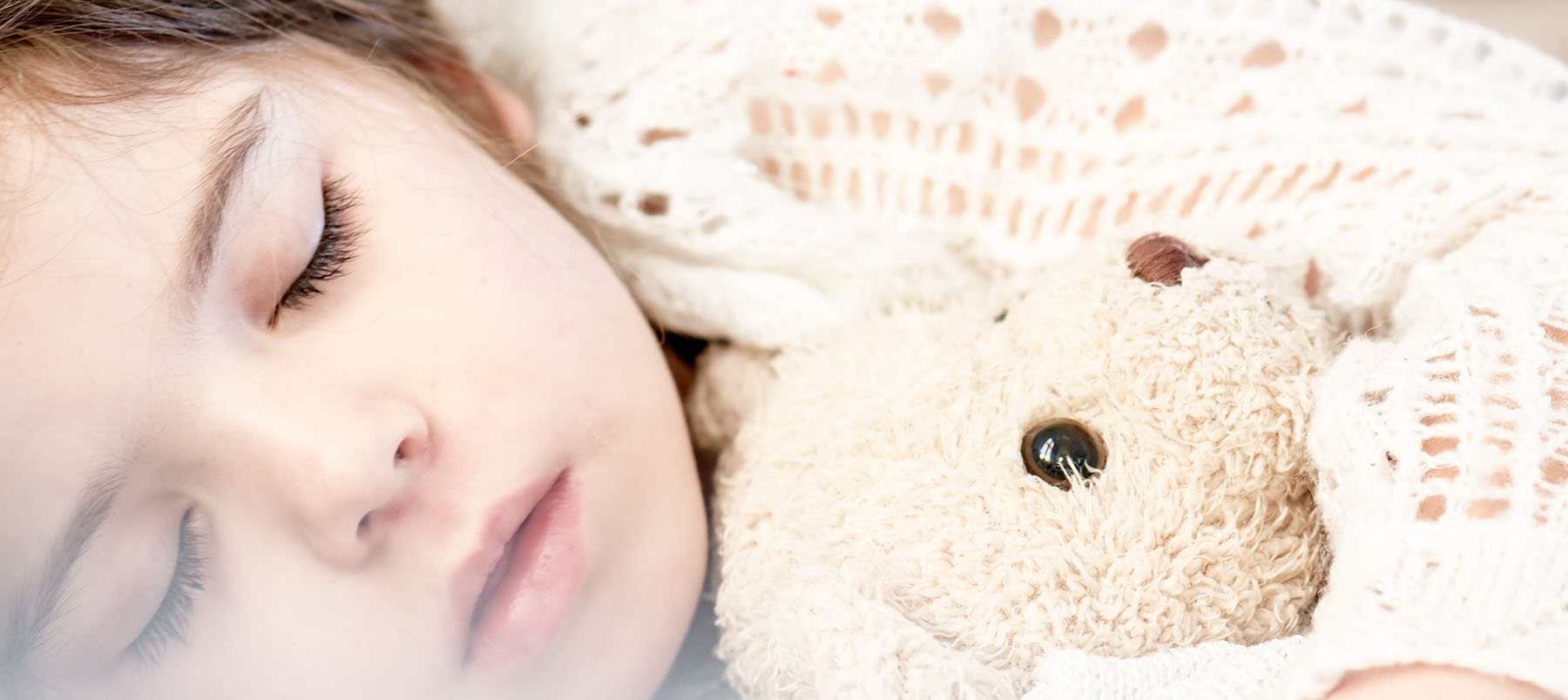
Kate Adams, Director of Research and Knowledge and Professor of Education and Childhood, discusses the nature of dreams and the impact they can have on a child’s spiritual life.
Have you ever said to your child, ‘it’s only a dream?’ If so, you are far from alone. It is a normal part of childhood to experience unsettling dreams or nightmares. It is, of course, the most natural thing to reassure them by saying ‘it’s only a dream’, therefore indicating that it is nothing to worry about.
Not all dreams are the same
However, dreams come in many forms. Most dreams clearly derive from our daily thoughts and experiences and help us sort through the information from the day. Others contain fragments of memories; we might find ourselves reunited with lost loved ones during the grieving process; anxiety dreams, such as not being able to complete an exam paper, are clear reflections of our waking current or past worries; and people around the world report dreams of falling, flying or teeth falling out.
Yet amongst these easily recognisable dreams, on occasions, a dream with a special intensity or quality can emerge, seemingly from nowhere. Carl Jung, the Swiss psychoanalyst, described these as ‘big dreams’ – those often characterised by unusually vivid imagery which leave a powerful impression.
Many ancient cultures, including those of the Greeks, Romans, Egyptians and Chinese, built dream incubation temples where people would perform rituals before sleeping. Here, they invoked the gods into their dreams to give answers to their questions, or offer healing. Today, we find details of dreams as a means of divine communication in the holy texts of some thriving world religions including Judaism, Christianity and Islam. Furthermore, many people who do not align themselves with a faith also perceive dreams as a means of spiritual connection to a source of wisdom. However, this type of dream is rarely talked about.
Children’s spiritual dreams
But what does this mean for parents? Carl Jung observed that ‘big dreams’ can occur in childhood and adolescence, and contemporary research, including my own, shows that this is a pertinent experience for many young people today.
For example, children from religious homes may occasionally have a dream related to their faith. When Jenny was 8 she dreamt:
I saw steps made of clouds going up to the sky. I went up them and got to heaven. God was standing there on top of a cloud and in front of Him was Flopsy, my pet rabbit.
This was not ‘only a dream’ for Jenny. For her, following Flopsy’s death, it was proof that she was still alive, that God exists and was looking after her pet.
Sometimes a dream impacts on a child’s behaviour. Jon admitted to being a bully at school, and being involved in numerous fights. He dreamt:
I was fighting another boy in my school and there were lots of other fights going on around me at the same time. Then I was lying on the ground. Then the boy I had a fight with last week put one foot on me while I was on the ground, and one arm up in the air. He looked proud of himself, like it was triumph… revenge on me.
Following reflection on the dream, Jon decided that his behaviour needed to change and he made great efforts to refrain from violent behaviour. The memory of the dream remained with him and changed his approach to life in a positive way.
Is it ‘only a dream’?
Whatever your personal beliefs about dreams, it is worth keeping an ear open in case your child wants to talk about theirs. This is true for all types of dreams but particularly for those which may be immensely meaningful to them.
Children tell researchers that when they try to talk about these dreams, they often feel that others are disinterested. Sometimes they are ridiculed. This leads many to retreat into silence. The well-intentioned phrase ‘it’s only a dream’ is one example of a comment which implies insignificance.
Whether or not you believe that some dreams have such religious and/or spiritual qualities is not the issue. It is a belief that has survived since ancient times, albeit often belittled in economically advanced countries today. And most importantly, it seems that some children believe that occasional dreams are special and carry specific meaning. You do not need to share their view, but sometimes all they need is a listening ear. By providing that space, it gives them an opportunity to share and explore their philosophical thoughts about life and beyond, which can be an enlightening experience for you too. You might be surprised at what your child has to say!
Professor Kate Adams will explore the dreams and other spiritual worlds of childhood at her inaugural lecture, Unseen Worlds: The Spiritual Spaces of Childhood, at 6pm on Tuesday 12 February. Find out more and book now.
Press Office | +44 (0) 1962 827678 | press@winchester.ac.uk | www.twitter.com/_UoWNews
Back to media centre